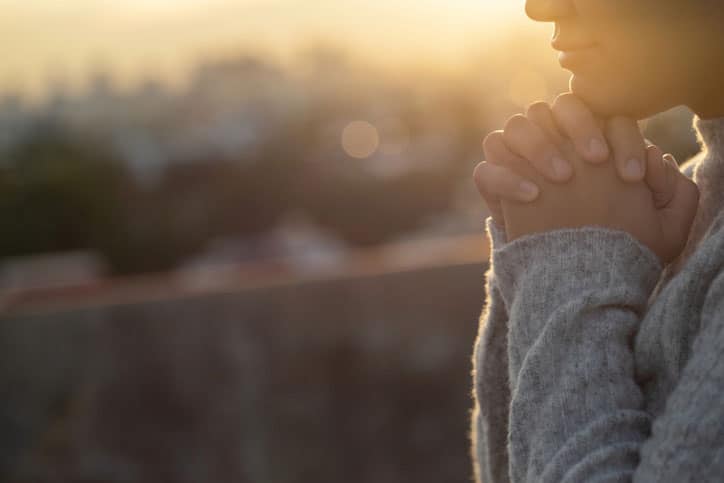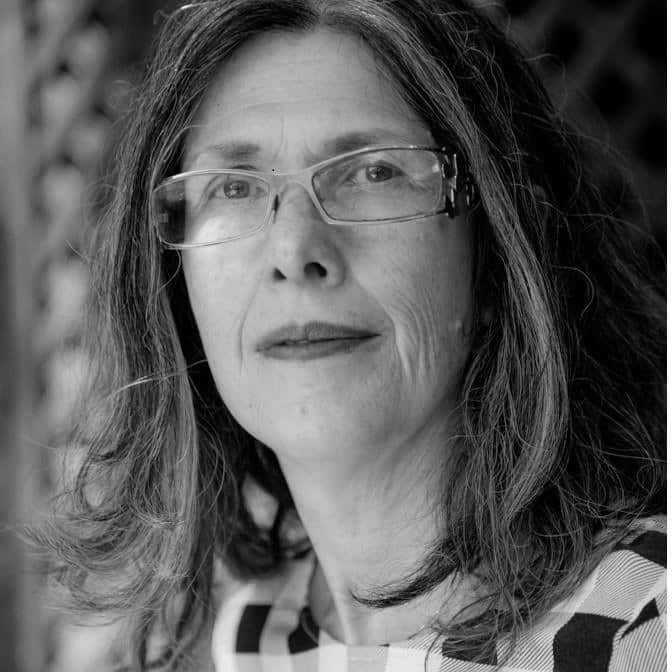 Kamonwan Wankaew/Getty Images
Kamonwan Wankaew/Getty Images California is on fire, the east coast is drowning, the virus isn’t done with us, and the nice lady who lives by the freeway has been joined by dozens of friends as the eviction moratorium comes to an end. Each illness, destroyed home, each death is a private calamity. Meanwhile, just about everything that was wrong before the pandemic is still wrong. For example, in the unequal devastation that the pandemic continues to wreak in communities of color, we can see that the systemic racism we were driven to protest does continue. And we are plummeting into our tradition’s deepest well of introspection, Yom Kippur.
This is a time when we get to examine our conduct over the past year, to excavate our most profound regrets and make all necessary apologies. Every year obliges us to make a complete heshbon ha nefesh, a weighing of soul, not only as individuals but as members of communities.
Some of this is healthy and necessary. What was our part in the dissolution of a friendship, a marriage? Where did we fail to carry our weight at work or school? But there can be no heshbon without enough self-respect to believe in the possibility of change. Teshuvah (repentance, literally return) is not meant to be self-abuse but self-renewal.
It’s especially hard in a pandemic to find that balance between an honest self-appraisal and self-abuse. We ought to ask: was I careful enough? Did I get vaccinated, did I distance myself sufficiently? But it is far too easy to go over the line and start thinking things like: what have I done to deserve everything bad that is happening to me? Am I being punished?
Rebbe Nachman of Breslov teaches, about tshuvah, “You must search and search until you find some good point within you to give you new life and happiness. When you discover the good that is still inside you, you literally swing the scales from guilt to merit. This will enable you to return to God. The good you find inside you will give you new life and bring joy to your soul.”
Yes, teshuvah has to be rigorous—and for that to happen, it has to come from a place of self-respect and faith in our community and in God’s support.
Only teshuvah that comes from a place of trust in God’s forgiveness, respect for one’s own ability to change, and the renewed strength we get from accepting a friend’s love can truly transform. This is especially important in our social justice work and our efforts to unlearn racism and other categorical prejudices.
In the midst of pandemic, the life force, the yetzer ha tov, rose up out of all that death for many people and impelled a healthy national heshbon, an overdue reckoning. The losses to COVID broke our hearts. The murders of George Floyd and Brionna Taylor and Ahmaud Arbery and Elijah McClain quickened our outrage born of love and had us in the streets and on the phones.
And this month, we finally saw indictments of police officers and paramedics for the death of Elijah McClain and that of a former DA for failing to pursue justice for Arbery. We can make changes. When we make our heshbon, we have to acknowledge the positive, the places where we made a difference.
We get to ask: In the midst of all the heartbreak—didn’t we reconnect with old friends on Zoom or by phone? Didn’t we offer comfort to a mourner? Didn’t we read something transformational, a book we had put aside for when we had time? And didn’t we get on the phones and the ballots and the streets (properly masked) for what we believe in?
So here is the heart of it: yes, teshuvah has to be rigorous—and for that to happen, it has to come from a place of self-respect and faith in our community and in God’s support. If you are around to read this, congratulations. You made it this far, you are living through a dreadfully protracted period of loss and fear and sorrow and you arrived at another Yom Kippur. So have some profound tshuvah, have a great returning — you have earned it.
Rabbi Robin Podolsky serves on the Board of Governors for the Sandra Caplan Community Bet Din, writes at shondaland.com and jewishjournal.com, advises the Jewish Student Union at Occidental College and serves as writing facilitator and dramaturg for Queerwise, a spoken word and writing group. She also serves on the National Ritual Committee for Bend the Arc.





















 More news and opinions than at a Shabbat dinner, right in your inbox.
More news and opinions than at a Shabbat dinner, right in your inbox.